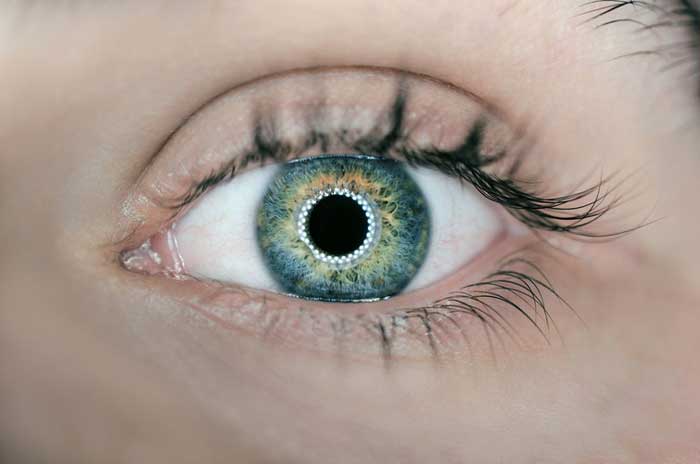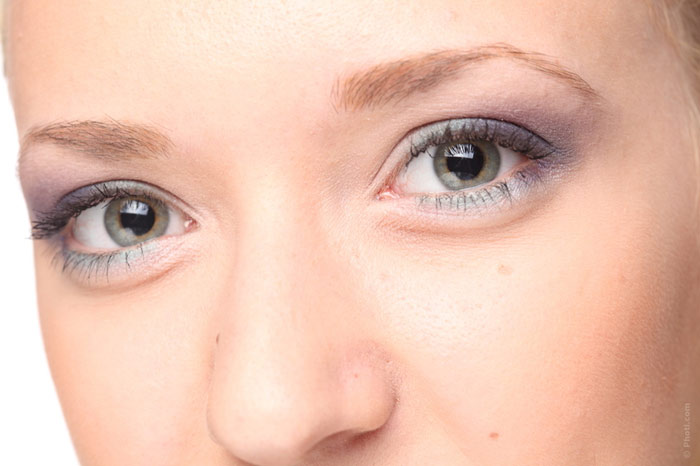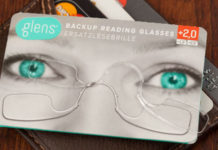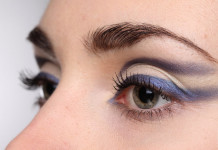 If you have refused to wear glasses and opted for contact lenses, you already know about their main advantage – the crystal clear peripheral vision. You must also be familiar with how to deal with them – unlike glasses, you cannot just put on the lenses and wear them all day without care and preparation, except that you really like the look of your ophthalmologist’s room. Here are a few mistakes that should be avoided so that lenses do not become a time bomb for you.
If you have refused to wear glasses and opted for contact lenses, you already know about their main advantage – the crystal clear peripheral vision. You must also be familiar with how to deal with them – unlike glasses, you cannot just put on the lenses and wear them all day without care and preparation, except that you really like the look of your ophthalmologist’s room. Here are a few mistakes that should be avoided so that lenses do not become a time bomb for you.
1. You forget to wash your hands
This may seem obvious, but many disregard this rule. It is always extremely important to thoroughly wash and dry your hands before touching your eyes. Dirt, bacteria, and natural skin oils can get to the surface and lead to inflammation, as well as cause damage to the lens material itself.
2. You apply makeup first
Even if it is uncomfortable to draw eyelines, lenses should really be worn before you start applying makeup. Otherwise, you risk putting tiny particles of mascara or shadows in your eyes.
3. You are creative
Everyone has a friend who tries to wash the lens in his mouth or in plain tap water when there is no special solution nearby. This is an extremely dangerous method, and it should not be resorted to even in the most difficult cases – always make sure that you have a cleaning solution with you.
4. You rarely use a new solution
Avoid reusing the solution from the previous day – it does not disinfect your contact lenses properly. Do not forget to change the container at least once a month, wash it once a week with clean water, and let it get dry in the open air.
5. You reuse one-day lenses
The best advantage of one-day lenses is that they do not need proper cleaning and storage, and this reduces the likelihood of the accumulation of contaminants in the whites of the eyes. Each extra finger touch increases the risk of infection, so if you really chose a one-day format, try to stick to it.
6. You buy new lenses without a consultation
Never use contact lenses if you haven’t been examined by an ophthalmologist. Only a doctor (and not a shop assistant!) can confirm whether it is safe for you to wear lenses and determine their radius and strength. Do not forget that the coincidence of certain parameters with your prescription does not guarantee that any lenses will suit you: they may fail to be light-sensitive enough or too rigid. If you do not pay attention to the disturbing signals like pain and redness, you risk getting a serious infection and even losing your eyesight.
7. You wear them for too long
Wouldn’t you like to avoid situations in which you confuse a flying garbage bag with a person? Constant wearing of lenses can adversely affect the health of your eyes. Of course, everything is individual and depends not only on how the tear ducts work but also on the environment. If you live in a metropolis, spending the whole day in lenses can be a real danger because of the flying microparticles in the air.
8. You try to make them last for a longer time
If you wear reusable lenses, create a special schedule for you not to forget that it’s time to update the set. A simple lifehack is to change monthly lenses on the 1st day of the month, and if you wear them for two weeks, they can be changed on the 1st and 15th day. Buy annual amounts of lenses – except for obvious saving money, you will not have to worry about not having the right pair one day.
9. You sleep in lenses
Do not forget to remove contact lenses for the night, especially if they are not intended for long-term use and your doctor has not prescribed them for treatment. In general, wearing lenses during sleep increases the risk of eye problems, including loss of vision.
10. You do not check your eyes every year
As a rule, the recommendations for contact lenses work only for a year, which means that after a year they will not necessarily be suitable for you. Annual visits to your doctor will allow not only to update the prescription but will also help identify other diseases (hypertension and diabetes) in the early stages. Mark the day in your calendar when it’s time to see the doctor.









